The pain of it is still real today like it just happened. I knew it was coming, I had seen the signs but when my grandmother could no longer remember my name… a part of me died. I called on a Sunday like I do on occasion and she asked my Uncle who I was (which was normal at this point). He told her “Its Latrese, Ma” (normally this is when she says… “I knew it was Latrese sounding like Ms. Obama”) Not that day though, that day she said “Who is Latrese?”

Many people aren’t close to their grandparents or may not have ever met their grandparents but I was always close to my father’s parents and my mother’s mom. Both my grandmothers have overcome insurmountable obstacles while raising large families. Both of my grandmothers have a form of dementia. Watching these incredibly strong women go through this disease is extremely difficult because physically they are healthy, it’s just their mind is stuck somewhere in yesteryear. I began to wonder though, what exactly IS dementia?

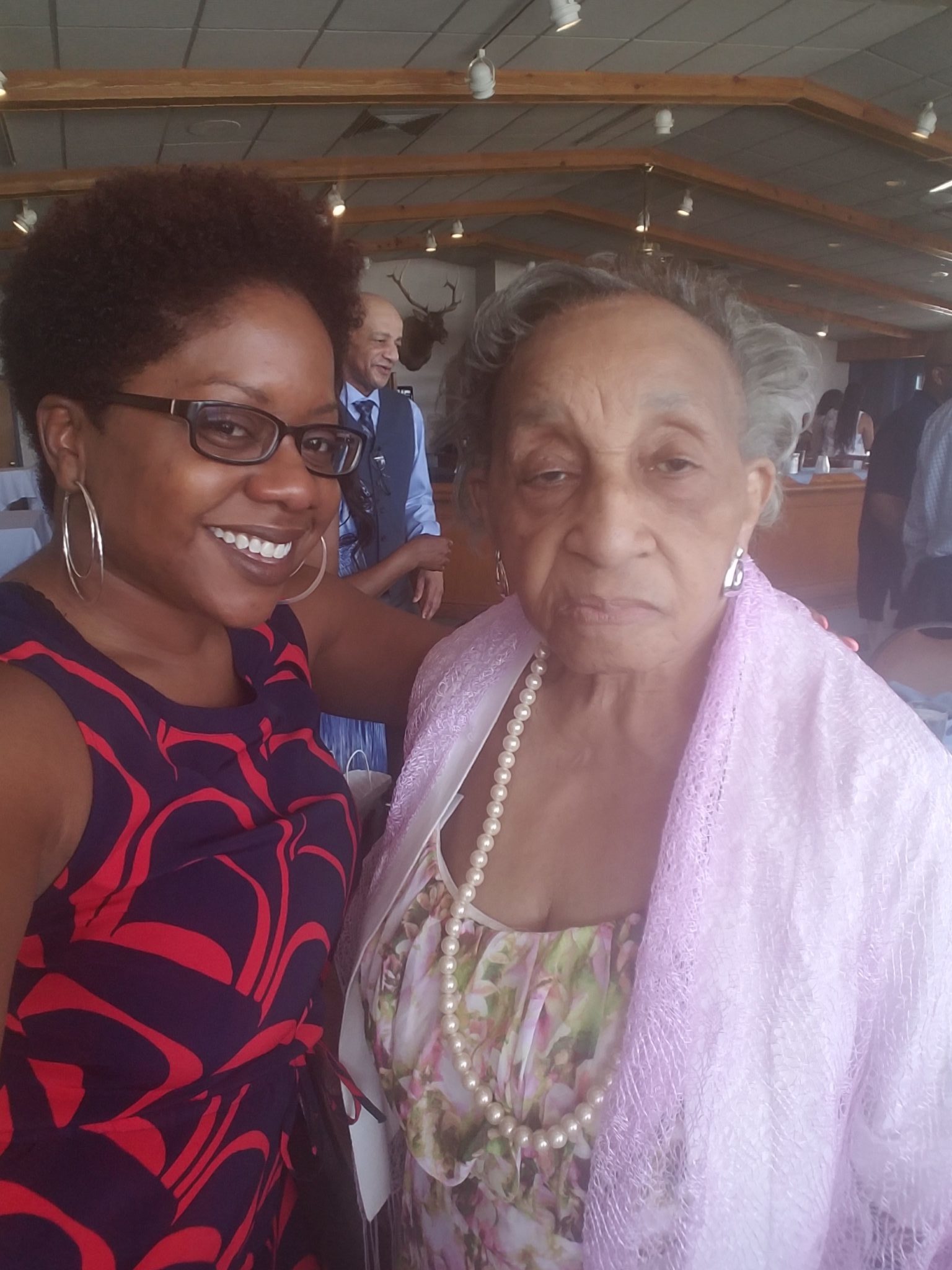
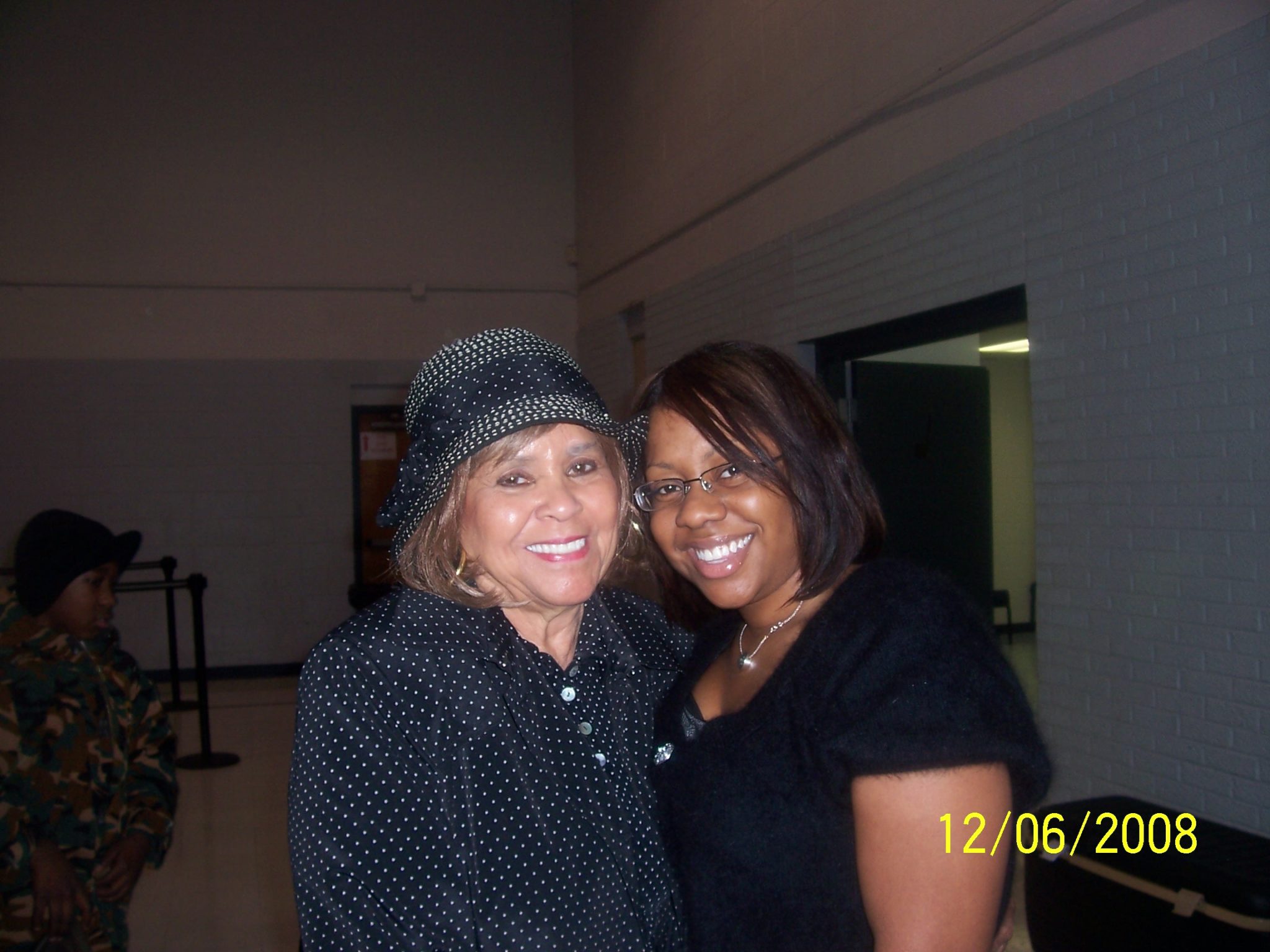
In doing research for this blog, it has become very clear to me what I have been suspecting for years, families particularly those in under-served communities, have no idea what dementia actually is or the fact that Alzheimer’s is only 1 of the many types of dementia. In fact, 60%-80% of patients with dementia in fact have Alzheimer’s, the most common form of dementia. However, there are a few others.
Types of Dementia…
There are many other types of dementia.
According to the Mayo Clinic:
“Dementia is not a specific disease. It’s an overall term, sometimes referred to as an umbrella term, which describes a wide range of symptoms. These symptoms impact a person’s ability to perform everyday activities independently. Common symptoms include:
A decline in memory
Changes in thinking skills
Poor judgment and reasoning skills
Decreased focus and attention
Changes in language and communication skills
Alzheimer’s disease is one type of dementia, but it’s not the only one. There are many different types and causes of dementia, including:
Lewy body dementia
Frontotemporal dementia
Vascular dementia
Parkinson’s disease dementia
Creutzfeldt-Jakob disease
Huntington’s disease
Mixed dementia”
(Click here to find out details on each type of dementia)
Who knew?
After reading up on the different types, I was eager to find out which type my grandmothers had. Surprisingly, the caregivers of my grandmothers don’t know what type of dementia they have. In fact, in talking to many of my friends and family whom have loved ones with dementia, they didn’t know there WERE multiple types of dementia.
That was intriguing to me, the fact that they simply didn’t know. One of my close friends has a father with dementia, vascular dementia, to be exact. The one major difference between him and my grandmothers, is that her father is a vet and has access to a quality of care team. I wondered if that played a part in whether or not physicians would dig deeper and let families know the type of dementia their loved one had, is this also part of the black health disparity?!? I’ve learned over the years that we HAVE to be our own advocates. Ask the questions! If someone is reading this and doesn’t feel empowered to question physicians… FEEL EMPOWERED. You are paying them! ASK THE QUESTIONS. DEMAND THE ANSWERS.
The Caregivers…
What became abundantly clear to me as I began to further educate myself on dementia and speaking with those caring for those with dementia, is that caregivers are the unsung heroes. I realize that while the patient is going through dementia and initially are aware that they are being “forgetful”; eventually they are living in a cycle of life that is normal for them. They are almost at a sort of peace in the loop that’s going on in their mind. It’s the caregivers that we need to ensure we are supporting and being there for.
I have watched my mom, aunts and uncles caring for my grandmothers, my mother in love caring for my grandmother in love and my friend who is caring for her father in pure awe. It takes unabashed selflessness, love and EXTREME patience to be the caregiver of someone going through dementia, not to mention the ability to deal with the other health issues that may arise as the brain begins to deteriorate.
The caregivers have to deal with their own emotions as they watch a person fall further and further into the depths of their mind, becoming almost a shell of their former self; unable to remember parts of who they are or the fact that they even need care. Imagine watching your mother or father, someone you revered, unable to remember if they ate, what they ate, if they showered or used the restroom. How would YOU feel?
It takes a village…
Life has this crazy way of being a full circle. Right now, I am watching the children take care of the parents, not too long after they were just taking care of their own children. How daunting of a task! I started this blog days ago, thinking I was going to write a piece from my own perspective and how I felt when my grandmother could no longer remember me… how selfish! I soon realized that we have to pay attention to the caregivers, the ones who are seeing it day in and day out, not just on the occasional call or the occasional visit. They need a village to support THEM as well. Where is THEIR VILLAGE?
A call to action…
You know I always like to provide suggestions or solutions to a problem because talking is great but action is greater! Stop asking what can you do to help and just DO IT. You know a caregiver needs a break, there is no need to ask, so offer them a day away from being the caregiver. Stop by with that meal that their loved one can eat so they don’t have to cook or figure out dinner. Leave them a few dollars to do something for themselves, don’t ask for money! Go over and clean up the house. Call and let them vent without judgement. Let them say the things that are difficult to say in a typical setting! Allow them to be frustrated, overwhelmed and unappreciated. ITS ALL NORMAL!
Trese truths…
While this blog may seem short, it took me days to write as I realized that my point of view was very selfish originally. I was going to focus on how I felt when my grandmothers didn’t recognize me, when they couldn’t remember the talks we had or the advice they gave. I always loved calling my grandma when I was in times of stress and her saying “Wait on the LORD, be of good courage, and He shall strengthen thine heart; wait, I say, on the LORD” (Psalm 27:14). Even though they are still living and breathing, I would be lying if I didn’t say I miss the old them. I’m so grateful for the wisdom and knowledge they have given me while they were able to.
I’m even more grateful for the people who are standing up when very few in the family would and are taking care of my “people.” I salute you!
This is dedicated to Aunt Joyce, Uncle Pookie, My mama, Uncle Ed, Uncle Darrell, Sandy, My mother in love – Faye, my best friend, Demetra…. YOU are the real MVP’s – the caregivers.
Has your family been impacted by dementia? Are you a caregiver? If so, how do you cope with the day to day?
Love & Light,
MommiTrese


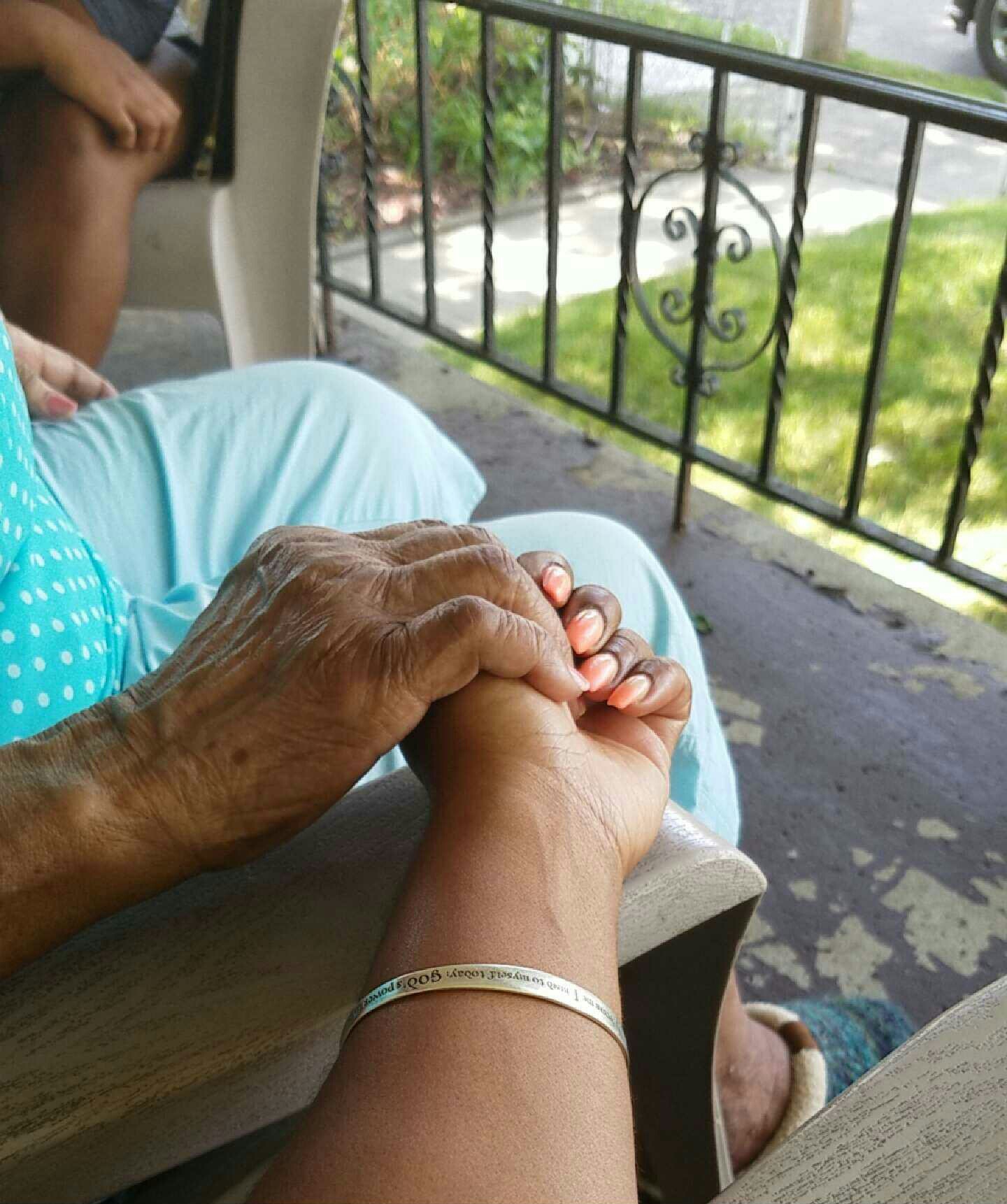



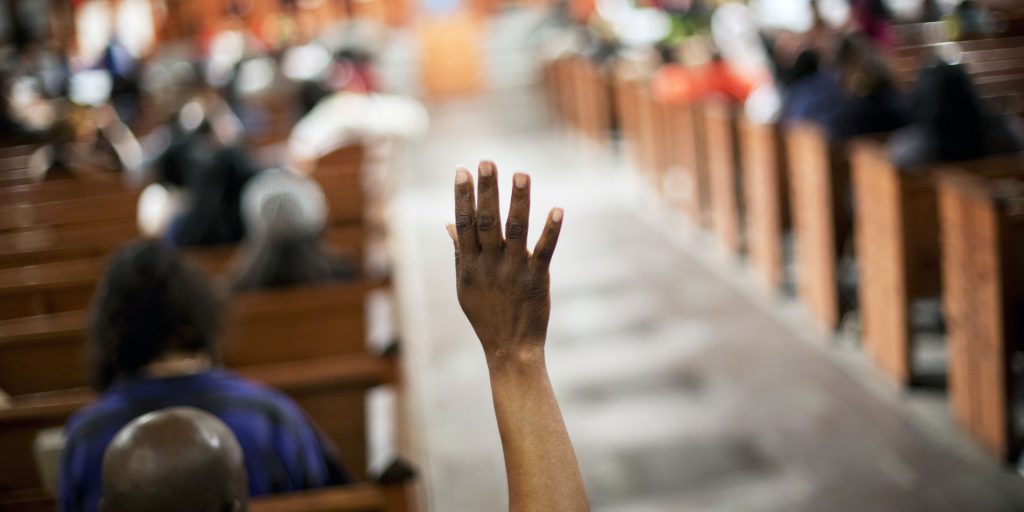
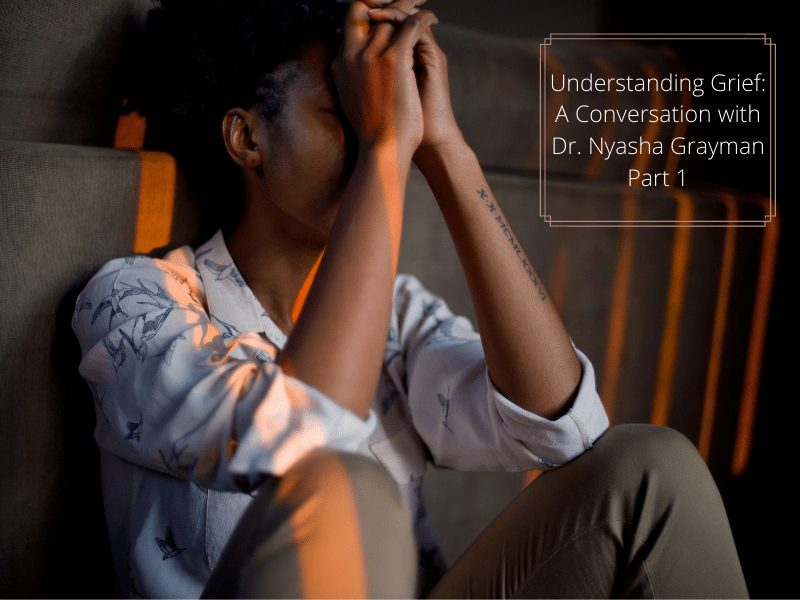
Zee
June 10, 2019 1:30 pmThis is such a great read! Love it!!!!<3